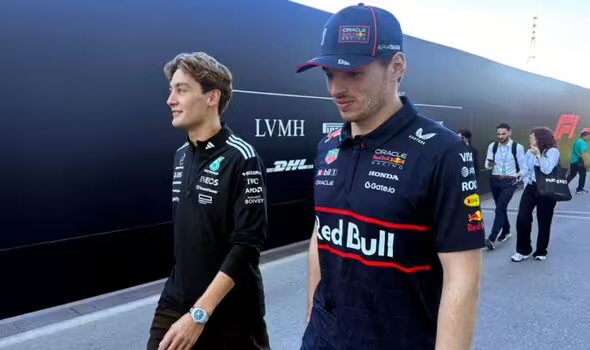In a stunning turn of events that has sent shockwaves through the golfing world, Rory McIlroy, one of the sport’s most celebrated stars, has dropped a bombshell that no one saw coming. The Northern Irishman, known for his four major championships and a career that has captivated fans for nearly two decades, recently made headlines with a statement that has left players, pundits, and enthusiasts reeling. “I hate to say this,” McIlroy began, his voice tinged with reluctance, “but I’m stepping away from the 2025 Masters.” The words hung heavy in the air, a stark departure from the relentless ambition that has defined his pursuit of the coveted green jacket—a title that remains the missing piece of his career Grand Slam.
McIlroy’s announcement came during a candid press conference following a strong start to the 2025 season, where he’s already notched two PGA Tour victories, including a thrilling playoff win at The Players Championship. At 35, he’s playing some of the most complete golf of his life, blending raw power with newfound finesse. So why walk away from Augusta National, a course that many believe is tailor-made for his game? The answer, it seems, lies in the second part of his jaw-dropping revelation: “Golf tournaments are predetermined winners,” he declared, leaving the room in stunned silence. “I’ve seen enough to know how this works, and I’m tired of pretending otherwise.”
The implications of his words are explosive. McIlroy didn’t elaborate on specifics—no names, no events, no smoking gun—but the accusation alone challenges the integrity of a sport built on honor and tradition. Fans who’ve watched him battle through near-misses at majors, like his agonizing runner-up finish at the 2022 Masters or his collapse at the 2023 U.S. Open, are now left wondering: Was it all a script? His decision to exit the Masters, an event he’s chased relentlessly for over a decade, suggests a man disillusioned with a game he once loved unconditionally. “I need a break,” he admitted. “I’ve given everything to this, and I’m not sure what’s real anymore.”
The golfing community is scrambling to process the fallout. Some dismiss it as frustration boiling over—McIlroy has been vocal about the sport’s evolving landscape, from the LIV Golf saga to the pressures of modern competition. Others speculate he’s hinting at something darker, a conspiracy that could unravel the PGA Tour’s carefully polished image. Social media erupted with reactions, from diehard supporters praising his courage to skeptics questioning his motives. “Rory’s either lost it or knows something we don’t,” one fan tweeted, summing up the divide.
For now, McIlroy plans to step back after the Zurich Classic in late April, skipping Augusta’s blooming azaleas and the chance to join legends like Nicklaus and Woods. Whether this is a temporary retreat or the beginning of a seismic shift in his legacy, one thing is clear: his words have ignited a firestorm. Golf, a game of precision and patience, suddenly feels unpredictable—and Rory McIlroy, its reluctant rebel, has everyone on edge.




